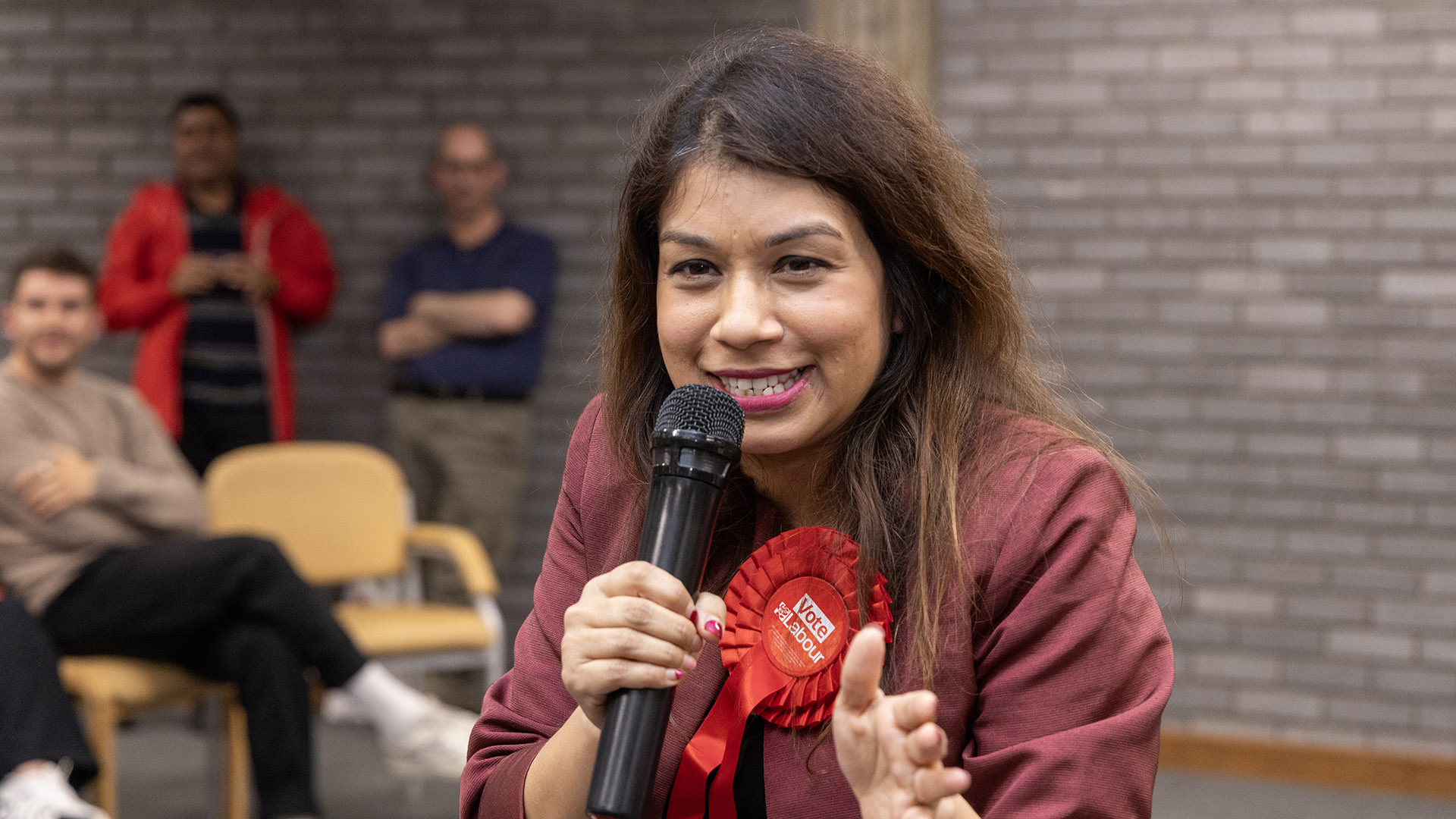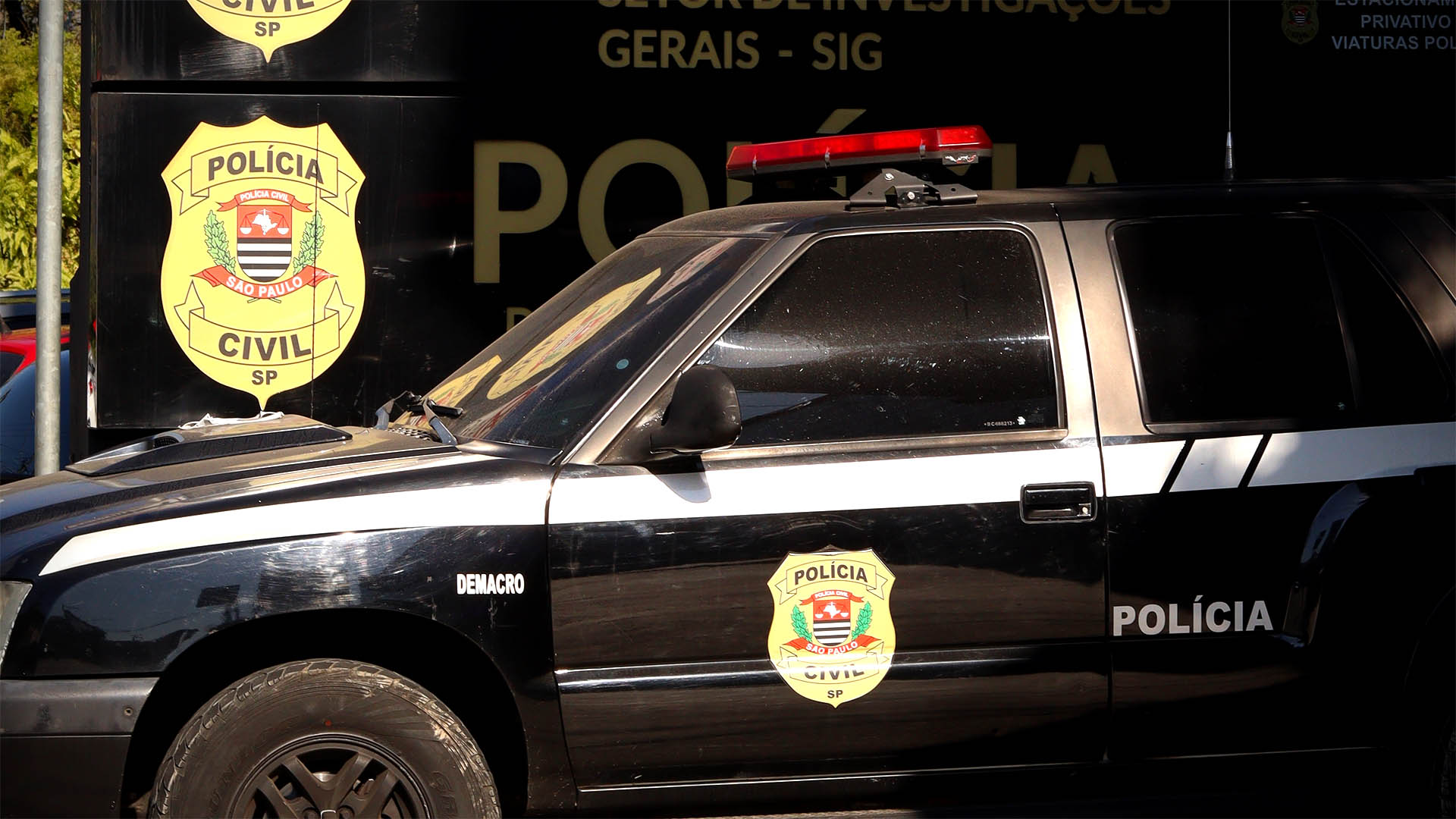At 2:01 p.m. on 3 April, 2016, the International Consortium of Investigative Journalists (ICIJ) and 90 media partners released the first Panama Papers stories. Hundreds have followed since.
Two years later, we’ve published more than 55 stories at ICIJ, including deep-dives into U.S. frauds, the looting of Africa’s natural resources and a blow-by-blow account of what reforms governments have made – or ignored – in the wake of the scandal.
Here are 11 things we were surprised to learn after we published the Panama Papers.
1. Font matters
After we revealed the offshore holdings of the offspring of Pakistani Prime Minister Nawaz Sharif, the Pakistani supreme court opened a corruption probe into Sharif and two of his children. His daughter, Mariam Nawaz Sharif, submitted a document to the court that claimed she was not the owner of an offshore company under scrutiny. The document was reportedly written in the Microsoft Calibri font and dated February 2006. Microsoft Calibri only became available in 2007, leading to online ridicule of the proffered evidence under the hashtag #fontgate. Nawaz Sharif was eventually disqualified as prime minister in July 2017. His case continues in the nation’s top anti-corruption court.
2. With an offshore company, yogurt can come at you really fast
The day after we revealed the secret offshore ties of Iceland’s Prime Minister Sigmundur David Gunnlaugsson, thousands of protesters descended on the parliament to call for his resignation. Several threw yogurt. Others hurled eggs and bananas. Two days after the first story was published, Gunnlaugsson stepped down. Last November, Gunnlaugsson announced he would form a new political party.
Skyr bandit being taken away in handcuffs, plus pics of damages. #Iceland #PanamaLeaks #cashljós pic.twitter.com/spk9ZRf7Tu
— Elias Thorsson (@Eliasthorsson) April 4, 2016
3. People really don’t know Africa
Although lots of the reporting has focused on wealthy Europeans and North Americans, the Panama Papers also revealed secrets about politicians, business leaders, multinational corporations and criminals across Africa.
As part of its collaboration with investigative journalists in Africa, ICIJ published an online game, Continent of Secrets, which showed how offshore companies help strip billions of dollars from Africa every year and required some knowledge of African economies and industries. Most of the players did terribly (including some ICIJ staff). Test yourself, below!
4. Russian President Vladimir Putin doesn’t like it when you write about his favorite cellist
In January 2017, a joint report by U.S. intelligence agencies concluded that Russian president Vladimir Putin responded to a Panama Papers story by using negative disclosures about then-presidential candidate Hillary Clinton to “discredit the image of the United States and cast it as hypocritical.”
ICIJ’s story revealed how Sergey Roldugin, a classical cellist, conductor and childhood friend of President Putin, is listed as the owner of companies involved in an offshore scheme that shuffled up to $2 billion around the world.
4. The FBI is still looking
After ICIJ published its first stories, including an investigation into the companies and individuals sanctioned by the United States and who appeared in the Panama Papers, U.S. Democratic senators Elizabeth Warren and Sherrod Brown wrote a letter to the Secretary of the Treasury requesting an investigation into any U.S. companies, individuals, banks or financial institutions with links to Mossack Fonseca.
In January, the Federal Bureau of Investigation told ICIJ that it could not respond to a freedom of information request about the Panama Papers due to “ongoing investigations.”
5. Some divorces end really, really badly
Ever since we published a story about the ex-husbands (and one ex-wife) who allegedly hid money offshore during a divorce, ICIJ has received dozens of tips by ex-spouses. Keep ‘em coming.
6. Growing oranges is one career option if you can no longer manage a global offshore law firm
Last year, Mossack Fonseca co-founder Ramon Fonseca gave a rare interview to a Panama Papers reporter, Sol Lauria. Fonseca, who along with co-founder Jurgen Mossack was arrested earlier in 2017 as part of an unrelated probe, said he had no regrets and had done nothing wrong.
“My aspiration is to spend as much time as possible on my farm,” he said. “To grow oranges and write.” In March, Mossack Fonseca – the law firm at the heart of the Panama Papers – announced the permanent closure of its remaining offices.
7. People will pay lots of money to own a portrait of a man with a small moustache

A court in New York is still determining whether a wealthy art-collecting family must return a valuable painting allegedly looted by the Nazis from a Paris art dealer 100 years ago.
The family claimed it didn’t itself own the painting, “Seated Man with Cane,” but that the painting was owned by an offshore company in Panama that the Panama Papers showed was actually controlled by the family.
8. Exotic islands aren’t the only problem
Although there is plenty of criticism directed at traditional tax havens in the Caribbean Sea and the Pacific or Indian Oceans, many observers (and ICIJ readers) have told us that they see banks, law firms and accounting firms in Europe, the United States and elsewhere as equally serious problems. Following Panama Papers reporting, authorities investigated and fined banks millions of dollars in Luxembourg, Sweden and Taiwan.
9. Panama is a small place, geographically and professionally
ICIJ looked at the revolving door in Panama between the offshore industry and government. Several ministers and senior government officials have worked for offshore law firms that are competitors to Mossack Fonseca. Ramon Fonseca, one of Mossack Fonseca’s co-founders, resigned as an adviser to the president of Panama shortly before the Panama Papers.
8. Panama’s revolving door is nuts. https://t.co/KUrAlulaRs pic.twitter.com/lK61vSfbqq
— Will Fitzgibbon (@WillFitzgibbon) April 3, 2018
10. The journalists who worked on the Panama Papers are brave and some of the best in the business
Journalists who worked on the Panama Papers received threats online and even taunts from Ecuador’s president. They were threatened with lawsuits, and some lost their jobs.
Despite the pressure, journalists are still digging into the Panama Papers and publishing new stories. ICIJ works with additional journalists every month, many from new countries, to make sure no stone goes unturned.
11. You never know where a three word message will take you
John Doe, the anonymous source who leaked the Panama Papers, first contacted German journalist, Bastian Obermayer, with a simple question: “Interested in data?” The rest is history.
Are you the next John Doe? Contact ICIJ here.




